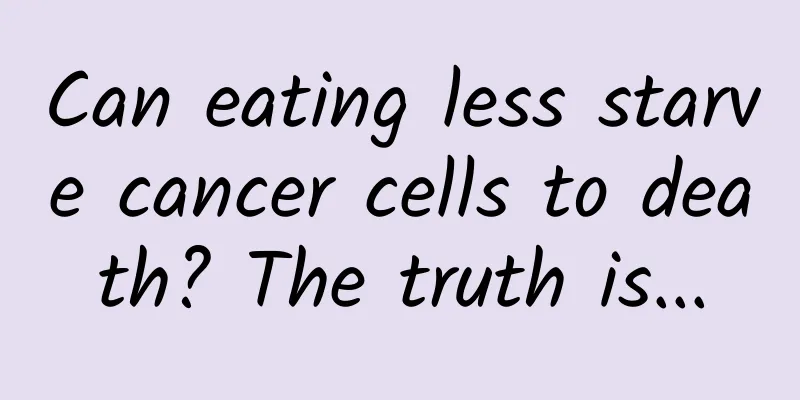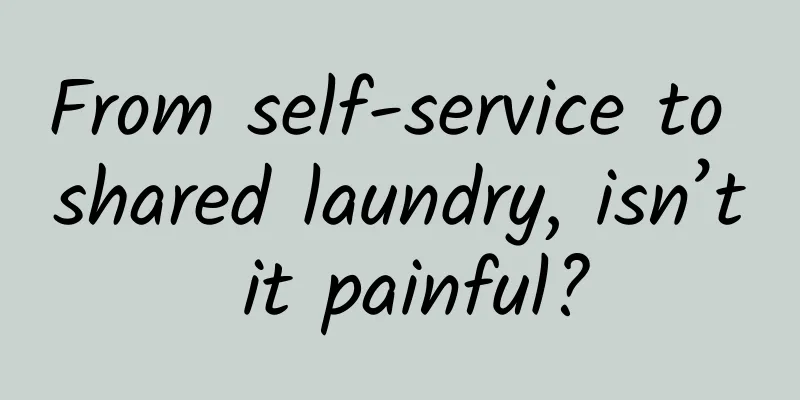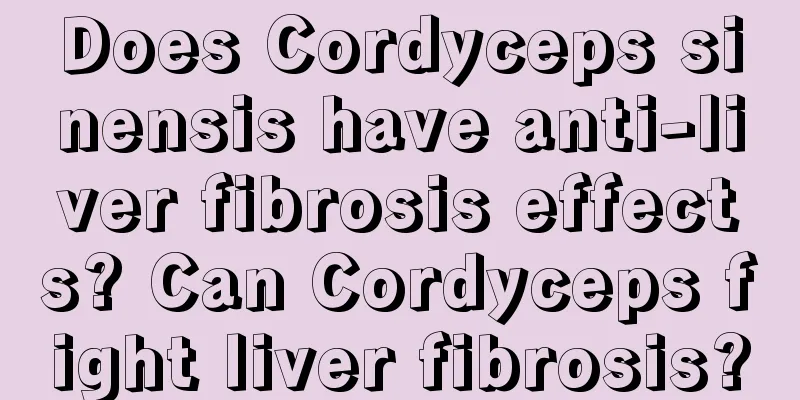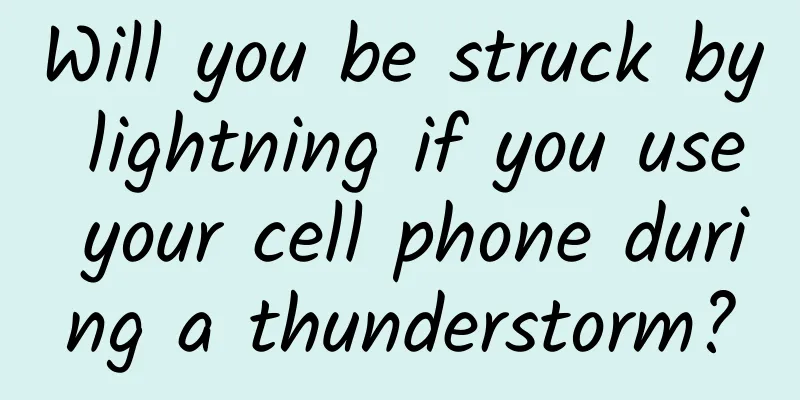Can eating less starve cancer cells to death? The truth is...

|
It is common sense that you need to supplement nutrition when you are sick, but some cancer patients are particularly worried that the nutrients will be "eaten" by cancer cells, causing the cancer cells to grow faster? How cancer patients eat has always been a problem that bothers patients and their families. For this reason, Fat Bear specially invited Yu Huiqing, deputy director and chief physician of the Department of Oncology of our hospital, to give her advice. Experts of this issue Yu Huiqing Yu Huiqing: Deputy Director of the Department of Oncology and Director of the Department of Palliative and Pain Therapy at Chongqing Cancer Hospital, Chief Physician/Professor. She is mainly engaged in the comprehensive diagnosis and treatment of malignant tumors, especially in tumor chemotherapy and molecular targeted therapy. She has rich clinical experience. She is particularly good at the diagnosis and treatment of lung cancer, breast cancer, nasopharyngeal cancer, gastric cancer, colorectal cancer, malignant lymphoma and other diseases. Clinic hours: all day on Wednesday Nutritional support for cancer patients is a very professional discipline, including daily family diet and professional nutritional treatment in the hospital. The most correct diet for cancer patients is a balanced one. Too much or too little nutrition is wrong. Why are cancer patients prone to malnutrition? In daily clinical cases, doctors often encounter such patients: after being diagnosed with cancer, people often start to pay attention to a light diet and control the body's nutritional and calorie intake. Some even believe that cancer cells can be starved to death through "starvation therapy." "Starvation therapy for cancer treatment does exist, but the target of 'starvation' is not the stomach, but the cancer cells." Director Yu said that this is a common nutritional misunderstanding among cancer patients. There are two main approaches to "starvation therapy" for cancer treatment: One is to physically block the blood supply, gradually reducing the nutritional supply of blood vessels to tumor tissue by injecting embolic agents; The other is anti-angiogenic therapy, which uses anti-angiogenic drugs to block the formation of tumor blood vessels, causing the tumor tissue to gradually become ischemic and lack nutrition, leading to necrosis. "Tumor tissue consumes more energy than normal tissue, and the energy demand of cancer patients is also higher than that of normal people. During the treatment of cancer diseases, surgery, radiotherapy, chemotherapy, etc. will aggravate the patient's anorexia and other digestive tract reactions. Coupled with some wrong ideas about diet, cancer patients are very likely to suffer from malnutrition." Director Yu said that malnutrition is one of the common complications of malignant tumor patients in my country. Statistics show that in my country, 63% of cancer patients are prone to malnutrition, and 20% of patients die from malnutrition. Adequate nutrition helps fight cancer "Some people believe that if cancer patients eat well, their tumors will grow faster. This is also unscientific. Reducing nutritional intake will not only fail to improve the condition, but will aggravate the condition due to malnutrition." Director Yu pointed out that this is because malnourished patients often have a higher incidence of toxic side effects during surgery, radiotherapy, and chemotherapy than patients with better nutritional status, and their tolerance is also worse than that of patients with better nutritional status. At the same time, malnourished patients often have low immune function, and the immune system can also resist cancer cells to a large extent. If it is damaged, the tumor will progress more rapidly. "The human body has cancer cells. Generally, when the number of cancer cells reaches 1010, they will form a tumor of about 1 cm, which can be found by regular CT scans." Director Yu further explained that this means that humans have many opportunities to intervene in the formation of cancer, including proper nutrition. Cancer patients should eat like this How should cancer patients eat to ensure good physical condition and facilitate their recovery? Director Yu said that the nutrition of cancer patients includes daily diet and professional nutritional support therapy. Because various adverse reactions during surgery, radiotherapy or chemotherapy can affect the patient's nutritional intake and absorption, thereby affecting the patient's nutritional status, doctors need to perform nutritional scoring based on the patient's condition, identify malnutrition or potential nutritional risks, and formulate nutritional support plans. Daily diet nutrition is more related to the patient's physical nutritional status. 1. How full should you be at each meal? Recommendation: Eat small and frequent meals at regular times and until you are 70% to 80% full to reduce the burden on your intestines. 2. How much fruits and vegetables should you eat? Recommendation: Eat more foods containing vitamins A, C, and E, and eat more green vegetables and fruits. The American Cancer Society recommends 5 servings of fruits and vegetables per day, which is equivalent to 5 fruits, such as an apple, an orange, a banana, etc., or 500 grams of vegetables. 3. What kind of meat do you eat? Recommendation: It is recommended that fat should account for <20% to 35% of dietary energy. Patients without cancer lesions are advised to moderately reduce fat intake, while patients with cancer lesions are recommended to rapidly increase fat intake. Cancer patients should increase their protein intake in principle, and at least 1 to 2 eggs are recommended every day. Animal meat contains high-quality protein, which is better than plant protein. Eat less red meat, less processed meat (sausage, bacon, ham, etc.), and eat more white meat (such as fish). 4. What else would you like to eat? Recommendation: Increase the intake of grains, because grains are rich in vitamins, antioxidants and a variety of anti-tumor substances, but they should not be processed finely. It is recommended to eat coarse and mixed grains. Pay attention to the freshness of food and avoid eating moldy and spoiled food. Text/ Fat Bear Picture/ Online Reviewer/ Yu Huiqing No reproduction without authorization Chongqing Cancer Prevention and Treatment Science Popularization Base/Member of China Medical Self-media Alliance |
>>: HXMT Telescope Satellite——The Smartest "Eyes" in Space
Recommend
How to attract users through short video promotion?
On June 24, the "China Mobile Internet Devel...
Beware of slipping! What to do if you encounter "freezing rain" on the highway?
In the cold winter, a special meteorological phen...
A brief analysis of 6 types of super traffic content! !
Regarding traffic , some people say: There must b...
Don’t buy this kind of balloon! Why?
Audit expert: Zhou Hongzhi Senior Experimentalist...
The most detailed video promotion method!
Introduction: With the vigorous development of mo...
A large wave of Android notch screens is coming, and the whole network is fully adapted!
[[225814]] 1. Preface Hi, everyone, I am Chengxia...
Tianfu Chengdu Tea Tasting has its own star-rated studio [recommended collection]
Chengdu Pincha has its own studio: 135-5021-2450 ...
Nissan China: Dongfeng Nissan's cumulative sales from January to July 2022 were 535,280 vehicles
Among Japanese luxury brands, apart from Toyota&#...
20 tips for hot-selling headlines!
Besides the content, the most important thing abo...
Internet mobile phones enter the knockout round, Xiaomi and others face deep distribution challenges
"What is the most powerful weapon I have? In...
Yutong Bus and Juefei Technology jointly launched autonomous driving technology for the first time in domestic passenger buses
Recently, Juefei Technology cooperated with Yuton...
World Economic Forum: Europe in the Age of AI
The World Economic Forum has released its report,...
The first of this year! The Central Meteorological Observatory issued a red warning for high temperatures
Recently, high temperatures have continued in sou...
Operational promotion: How to use red envelopes to attract new customers?
The end of the year is coming soon. I would like ...









